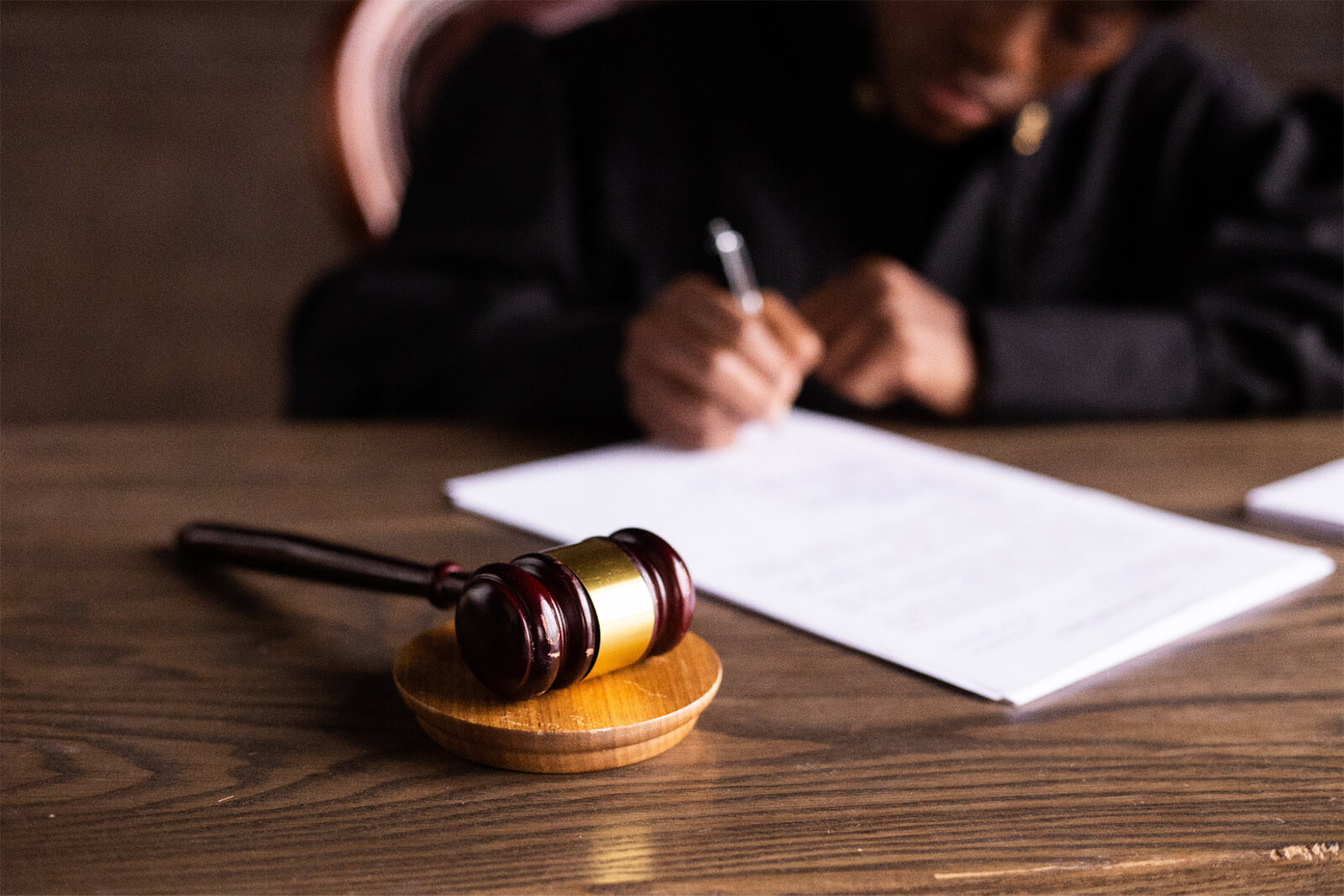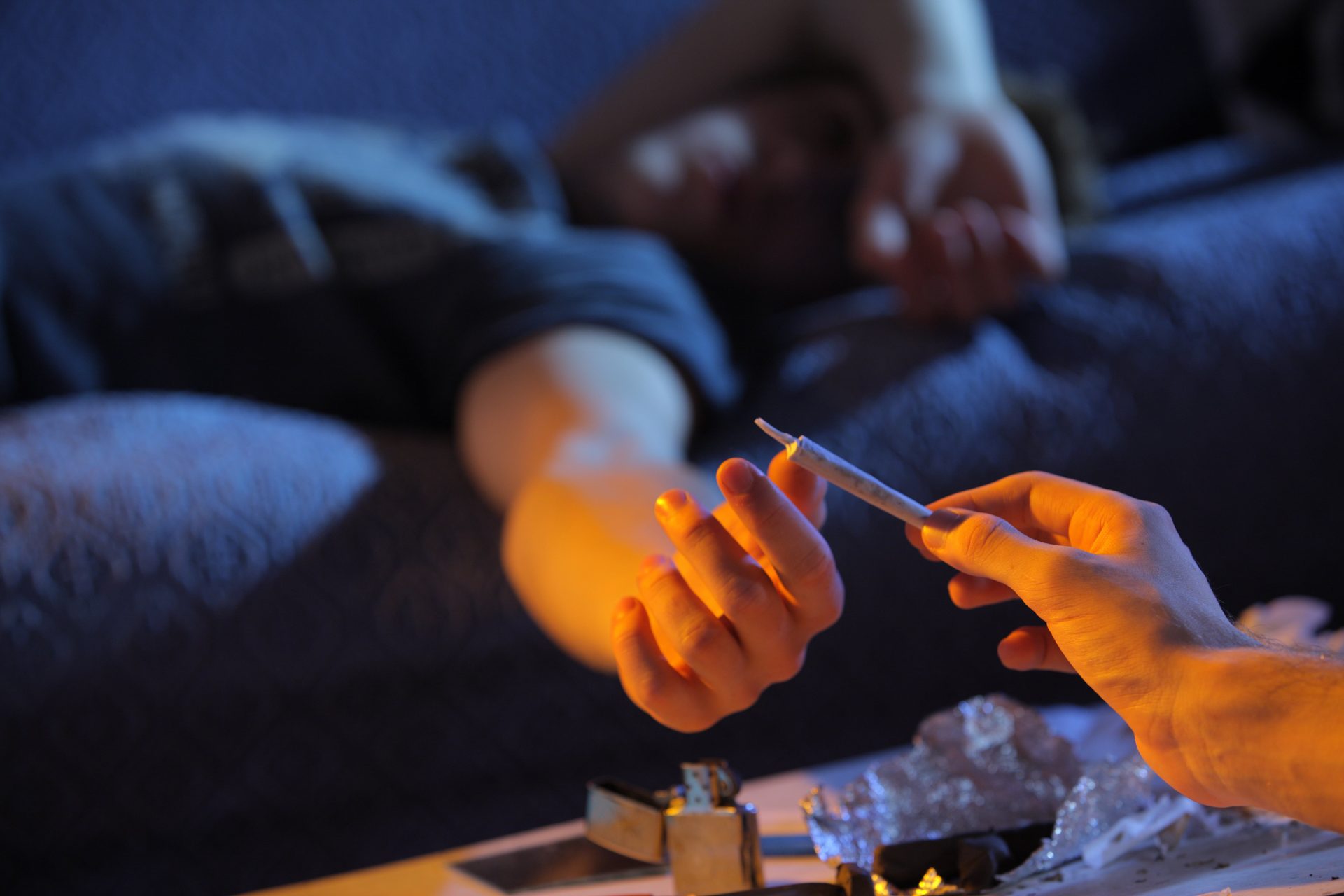
No one is above the law, even minors. Young people under the age of full legal responsibility — commonly below 18 years old — who commit a crime are considered juvenile offenders.
If you are a parent or a guardian to a child who has offended against the law, you might be wondering what types of crimes committed by young people are considered juveniles offenses. We will also discuss how these are commonly handled by the juveniles justice system.
Who Are Considered Juvenile Offenders?
Juveniles refer to young people below the legally established age of adulthood or the age of majority. The legal definition of juveniles and the age of majority depends on the jurisdiction, but it is commonly between the ages of 10 and 18.
What Percentage of Arrest Statistics Are Attributed to Juvenile Offenders?
In the United States, persons under the age of 18 make up a significant portion of the arrest statistics. According to the US Department of Justice, about 74% of arrests made in 2019 alone were attributed to individuals below 18 years old.
What Are the Factors That Influence Juvenile Crime and Delinquency?
There are a number of factors that can influence youth crime and juveniles delinquency, such as:
- Family environment
- Peer pressure
- Drug and alcohol abuse
- Mental health issues
- Poverty
- Access to firearms
If you are concerned that your child may be involved in criminal activity, it is important to be aware of these risk factors.
You should also keep lines of communication open with your child and be sure to monitor their activities and associations.
What Are the Most Common Juveniles Crime?
Juveniles can often commit crimes similar to those committed by adult offenders. However, it has been found that their demographic is more prone to commit certain offenses, such as petty crimes, violent crimes, drug abuse violations, and more.
Here are some of the most common juveniles offense according to law enforcement agencies:
- Drug abuse and alcohol offenses
- Underage drinking
- Tobacco offenses
- Vandalism
- Curfew violations and loitering
- Disorderly conduct
- Larceny theft
- Motor vehicle theft
- Robbery
- Assault and battery (including aggravated assault)
- Sexual assault
- Illegal possession of firearms

1. Drug Abuse and Alcohol Offenses
Drug abuse violations and alcohol offenses are easily the most common juveniles crime. According to studies, 80% of minors were under the influence of drugs and/or alcohol when they committed a crime.
If your child is arrested for alcohol and/or drug abuse violations, they will likely go through drug court. Drug courts are specialized court dockets that handle criminal cases involving substance abuse.
If your child successfully completes the drug court program, their charges will be dropped. However, if they fail to comply with the conditions of the program or are arrested for another crime, they will be subject to harsher penalties, such as jail time.
2. Underage Drinking
While not technically a crime, underage drinking is often the reason behind juveniles arrest. In most jurisdictions, it is illegal for minors to purchase, possess, or consume alcohol.
If your child is caught with alcohol, they will likely be fined and/or made to perform community service. If they are caught driving under the influence, they may have their driver’s license suspended.
3. Tobacco Offenses
Tobacco offenses often go hand in hand with alcohol offenses and drug abuse. In most states, it is illegal for minors to purchase, possess, or use tobacco products.
If your child is caught with tobacco products, they will likely be fined and/or made to perform community service. However, if they are caught selling tobacco products, they will be subject to harsher penalties.
4. Vandalism
Petty crimes such as vandalism are yet another common juveniles crime. Vandalism includes any intentional damage to property, such as graffiti, smashing windows, or keying cars.
If your child is caught vandalizing property, they will likely have to pay for the damages they caused and perform community service. If the damages are significant, they may also be placed on juveniles probation.
5. Curfew Violations and Loitering
A less serious crime compared to others, curfew violations and loitering are other common causes of juveniles arrest. In most jurisdictions, there is a curfew for minors, typically between 10 p.m. and 6 a.m.
If your child is caught out past their curfew, they will likely be taken into police custody and released to you.
You may also be required to attend a meeting with the juveniles court probation officer, where you will be asked to sign a curfew agreement.
6. Disorderly Conduct
Disorderly conduct is another common juveniles offense and can encompass a wide range of behaviors, such as public drunkenness, public urination, fighting, and more.
If your child is charged with disorderly conduct, they will likely be fined and/or made to perform community service. If the offense is more serious, they may be placed on juveniles probation.
7. Larceny Theft
Larceny theft, or the act of stealing, is another common juveniles offense. This can include shoplifting, bicycle theft, and more.
The penalties for larceny theft depend on the value of the property stolen. If the value is less than $500, your child will likely be fined and/or made to perform community service.
If the value is greater than $500, juveniles offenders may be placed on juveniles probation or even sent to juveniles detention.
8. Motor Vehicle Theft
Motor vehicle theft is another common cause of juveniles arrests. This can include joyriding, carjacking, and more.
The penalties for motor vehicle theft depend on the value of the vehicle stolen. If the value is less than $5,000, your child will likely be fined and/or made to perform community service.
9. Robbery
Robbery is a more serious crime that can result in juvenile arrests. Robbery is defined as the taking of property from another person by force or fear.
If your child is convicted of robbery, they will likely be placed on juveniles probation and/or sent to juveniles detention.
10. Assault and Battery
While assault and battery can be considered minor crimes, they become more serious when juveniles are the offenders.
Assault is defined as any threat of violence, while battery is the act of carrying out that threat.
If your child is charged with simple assault and/or battery, they will likely be placed on juveniles probation and ordered to attend anger management classes or therapy.
If the victim was seriously injured, your child may be subject to harsher penalties for aggravated assault, such as time in a juvenile detention center
11. Sexual Assault
Sexual assault is a serious crime that can result in juvenile arrests. Sexual assault includes any non-consensual sexual contact, such as rape, groping, and child molestation.
If your child is convicted of sexual assault, they will likely be placed on juvenile probation and ordered to register as a sex offender. They may also be required to attend sex offender treatment classes.
Forcible rape is the most serious form of sexual assault and can result in your child being tried as an adult and sentenced to prison.
12. Illegal Possession of Firearms
Illegal possession of firearms is a serious crime that can result in juvenile arrests. In most states, it is illegal for minors to possess handguns.
If your child is caught with a handgun, they will likely be charged with a felony and placed on juvenile probation. If they are convicted of a second offense, they may be sent to juvenile.
Famous Juvenile Crime Cases
Many juvenile crime have come to the attention of national and even international media. Some of the most famous crime cases involving minors are the following:
1. The West Memphis Three
In 1993, three 8-year-old boys were found murdered in West Memphis, Arkansas. The three suspects, who were also teenagers at the time, were arrested and convicted of the murders based on questionable evidence.
After serving 18 years in prison, the West Memphis Three were released in 2011 after new evidence came to light.
2. The Central Park Five
In 1989, a woman was raped and beaten in New York City’s Central Park. Five teenagers were arrested and convicted of the crime, even though they all maintained their innocence.
The Central Park Five served between 6 and 13 years in prison before they were exonerated in 2002.
3. The Murder of Lionel Tate
In 1999, 13-year-old Lionel Tate was sentenced to life in prison for the murder of a 6-year-old girl. The girl had died of injuries that were similar to those seen in professional wrestling matches.
Tate’s sentence was later reduced to house arrest and probation.
4. The Columbine High School Shooting
In 1999, two teenage boys went on a shooting rampage at Columbine High School in Colorado, killing 13 people before taking their own lives.
The Columbine shooting brought increased attention to the issue of school safety and gun control.
5. The Murder of Trayvon Martin
In 2012, 17-year-old Trayvon Martin was fatally shot by George Zimmerman, a neighborhood watch volunteer. Zimmerman was acquitted of all charges related to the shooting.
The case sparked national conversations about race, gun violence, and self-defense laws.
What Happens If Your Child Has Committed a Juvenile Crime?
The severity of the crime will typically dictate what penalties your child will face.
For example, less serious crimes, such as curfew violations and disorderly conduct, usually result in fines and/or community service.
More serious offenses, such as robbery and sexual assault, can result in your child being placed on juvenile probation or even sent to juvenile detention.
If your child is charged with a crime, it is important to seek legal assistance from a qualified attorney who can help you navigate the juvenile justice system.
How Does the Juvenile Justice System Differ from the Adult Criminal Justice System?
The juvenile justice system is designed to rehabilitate rather than punish juvenile offenders.
This means that instead of being incarcerated, most juvenile offenders will be placed on probation and ordered to participate in programs aimed at rehabilitation, such as anger management classes or therapy.
The adult criminal justice system, on the other hand, is designed to punish offenders.
This means that if your child is tried as an adult, they could be sentenced to prison.
How Can a Criminal Defense Attorney Help You?
If your child has committed a juvenile crime, it is important to seek legal assistance from a qualified criminal defense attorney.
Your attorney can help you navigate the juvenile justice system and ensure that your child’s rights are protected.
Your attorney can also help you understand the possible penalties your child is facing and what you can do to help them avoid harsh penalties.
Whether your child is faced with lesser serious crimes such as disorderly conduct and curfew violations, or more serious ones such as aggravated assault and forcible rape, a criminal defense attorney can help you navigate the juvenile justice system with ease.
Find an Experienced Criminal Defense Attorney Near You
If you live near the Forth Worth TX area, Cole Paschall Law is here to help you.
Our team of experienced criminal defense attorneys has helped many clients facing juvenile charges.
We understand the juvenile justice system and what it takes to get the best possible outcome for our clients.
Contact us today to schedule a free consultation. We will review your case and help you understand your options moving forward.

